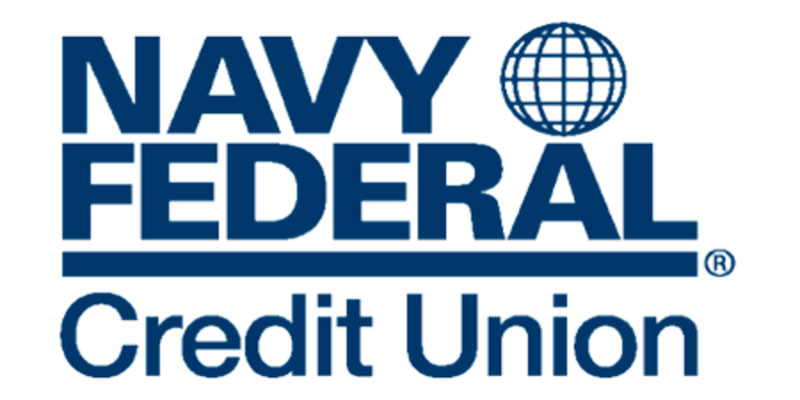Exiting a job is a significant life transition that requires careful consideration and strategic planning, especially when it comes to your finances. Whether you're leaving for a new opportunity, pursuing entrepreneurship, or taking a break to reassess your career path, avoiding financial pitfalls is crucial for a smooth transition. In this article, we'll explore some common pitfalls and provide valuable insights to help you navigate this period with confidence.
Assessing Your Current Financial Situation:
Before exiting your job, it's essential to assess your current financial situation and make a realistic budget. Consider all factors such as rent or mortgage payments, utility bills, groceries, transportation costs, and any outstanding debts. It's crucial to have a clear understanding of your cash flow and expenses to avoid financial strain during this transition period.
The Importance of an Emergency Fund:
Having a robust emergency fund not only provides financial security but also gives you peace of mind during this transition period. It can help cover essential expenses while you search for a new job or start your own business without worrying about going into debt.
Strategies and Tips
If you don't have an emergency fund in place, it's never too late to start building one. Here are some strategies and tips to help you get started:
- Set a goal: Determine how much you need for your emergency fund based on your financial obligations and job security.
- Cut unnecessary expenses: Look for areas where you can cut back on expenses, such as dining out or entertainment.
- Increase your income: Consider taking on side hustles or freelancing gigs to increase your income and contribute more towards your emergency fund.
- Automate savings: Set up automatic transfers from your checking account to a dedicated emergency fund account every month.
- Prioritize debt repayment: If you have outstanding debts, prioritize paying them off to avoid high-interest charges.
- Be patient and consistent: Building an emergency fund takes time, so be patient and stay consistent with your savings efforts.
Emergency Fund: A Key to Financial Security
Having a robust emergency fund not only helps with career transitions but also provides financial security in the long run. It can help cover unexpected expenses, build wealth, and provide peace of mind during uncertain times.
Underestimating Healthcare Costs:

Healthcare is a critical aspect that often gets overlooked when leaving a job. Many employers provide health insurance as part of the employment package. When transitioning, you may need to secure alternative health coverage, which can be more expensive. Research your options, including COBRA or individual health insurance plans, and factor these costs into your post-employment budget.
Understanding Your Healthcare Needs:
Before leaving your job, it's essential to evaluate your healthcare needs and the level of coverage required. Consider any ongoing health conditions, recurring medications, or potential medical procedures and choose a plan that best suits your needs.
Evaluating COBRA and Individual Health Insurance Plans:
COBRA (Consolidated Omnibus Budget Reconciliation Act) is a federal law that allows employees to continue their employer-sponsored health insurance for a limited time after leaving their job. While this may seem like a convenient option, COBRA can be costly as you'll be responsible for paying the entire premium without any employer contribution.
Factoring Healthcare Costs into Your Post-Employment Budget:
Leaving a job means losing out on employer contributions towards healthcare costs. Make sure to factor these expenses into your budget and consider alternatives such as individual health insurance plans.
Preparing for Potential Health-Related Emergencies:
When planning for your career transition, it's essential to prepare for potential health-related emergencies. Consider setting aside additional funds in your emergency fund specifically for healthcare expenses.
Neglecting Retirement Savings:
Leaving a job doesn't mean leaving behind your retirement savings. Evaluate your employer-sponsored retirement accounts, such as 401(k)s, and decide whether to roll them over into your new employer's plan or an individual retirement account (IRA). Failing to address your retirement savings during a job transition can have long-term consequences on your financial future.
Ignoring Debt Repayment:
Leaving a job with outstanding debts can lead to financial stress down the road. Prioritize paying off high-interest debts, such as credit cards or personal loans, before making a career change. Reducing your debt burden will provide you with more financial flexibility and peace of mind during your transition.
Overlooking Tax Implications:
Different sources of income are taxed differently, and job transitions can impact your tax situation. Understand the tax implications of any severance pay, bonuses, or retirement account distributions you may receive. Consulting with a tax professional can help you navigate these complexities and ensure you're not caught off guard by unexpected tax bills.
Rushing into Financial Decisions:
The excitement or stress of a job transition can lead to impulsive financial decisions. Whether it's investing in a new venture, buying a home, or making major lifestyle changes, take the time to carefully evaluate the potential impact on your financial well-being. Seek advice from financial professionals to make informed decisions aligned with your long-term goals.
Overlooking Unemployment Benefits:

If your job transition involves a period of unemployment, explore the availability of unemployment benefits in your region. Understanding the eligibility criteria and application process can provide temporary financial support while you seek your next opportunity.
Understanding Unemployment Benefits:
Unemployment benefits can be a substantial lifeline during job transitions. Understanding how they work, who qualifies, and how much assistance you can receive is crucial in managing your financial situation effectively.
Eligibility for Unemployment Benefits:
Eligibility criteria for unemployment benefits can vary based on your location and individual circumstances. Familiarize yourself with the specific requirements in your area to ensure you can avail of any support on offer.
Applying for Unemployment Benefits:
Mastering the application process for unemployment benefits is essential. Having all the necessary documentation in place can expedite the process and ensure you receive the aid you need in a timely manner.
Impact of Unemployment Benefits on Your Finances:
It's vital to understand how unemployment benefits can affect your overall financial picture. They are a temporary measure and should be factored into your budget accordingly, considering they may not entirely replace your previous income.
Conclusion:
Exiting a job is a multifaceted process that requires careful financial planning. By avoiding these common pitfalls and taking a proactive approach to managing your finances, you can ensure a smoother transition and set the stage for long-term financial success. Remember, seeking guidance from financial professionals and creating a comprehensive plan will empower you to make informed decisions and secure your financial future.







